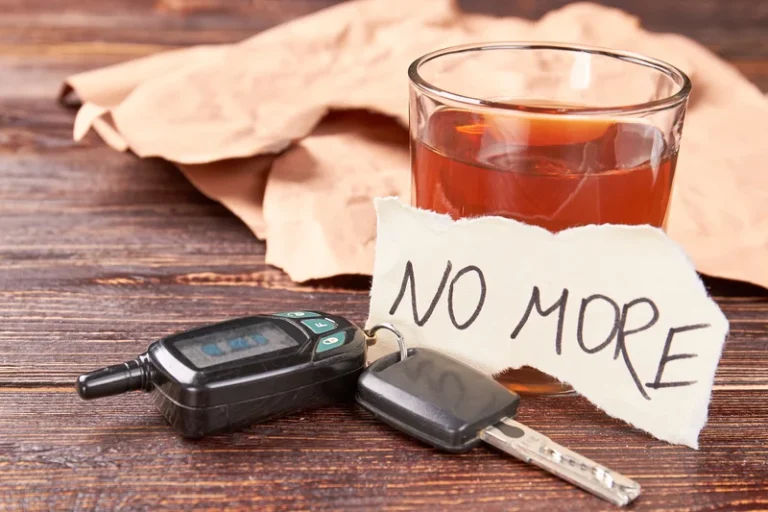
And if you aren’t comfortable publicly owning your recovery, you can create an anonymous, secondary profile to engage with the community. Before attending a social event, remember why you chose not to drink alcohol. Establish clear intentions and goals for the gathering, such as connecting with others, having meaningful conversations, or simply enjoying the company.

Join a Support Group

By being open about your struggles and victories, others can join you on this path towards wellness. They may even become inspired by your determination and choose healthier habits themselves. Before I quit drinking, I never really used to care about dividing the bill down the middle with a group. At some point after college, it just didn’t matter if someone had a meal that was four dollars more than mine, or if they ate more edamame, or even if they had one more drink than I did. Not only because my portion of the check is significantly smaller than anyone else at the table, but also because I refuse to invest in Big Alcohol.
Reasons You Might Feel Bored in Sobriety
According to one study out of the United Kingdom, more than 6 in 10 people reported better sleep, and nearly half lost weight after a month without alcohol. According to another study, from the Netherlands, people who stopped drinking for just 28 days had a change in a blood test measuring liver inflammation. Other studies have found improvements in blood pressure and insulin sensitivity after a short period. Are they experiencing shame or loss of control over how much alcohol they consume? These are warning signs, and people should seek further help from their primary care provider.
- If you quit drinking and experience any new or worsening mental health symptoms, please consider therapy.
- Not on its own, but maybe it starts a conversation and a friend comes over just to sit with you and make sure you’re good.
- For more information on addiction recovery, check out SAMHSA.
- While you may be discovering some new friends in your new sober life, it doesn’t mean that you can’t hang out with your friends that still drink.
- Just as no one treatment plan fits all people, no one treatment plan may be suitable for the entire time you are in a formal treatment program.
Drunks make people feel awkward.
Many 12-step programs suggest that sobriety means total abstinence, which means never using the substance again. Other definitions, however, focus on the process of recovery and coping habits that support health and wellness over the long term. The hope is that you will be ready to resume daily life https://ecosoberhouse.com/ after treatment, manage stressors and triggers, and stay sober for the long term.

- However, it’s important to set boundaries and be aware of your triggers.
- Lasting recovery requires lasting effort, but relapse is not failure or weakness; it takes more than willpower to maintain sobriety.
- For many, returning to daily life after treatment means returning home to family, which is why family can be the strongest social support system.
- You’ll get to meet new people and be a part of something positive.
- There is no doubt in my mind that things needed to change for me.
One of the first steps in navigating social situations while sober is to openly communicate your expectations with your friends. being sober around drinkers Letting them know about your sobriety and the reasons behind your decision can foster understanding and support. By sharing your journey, you create an opportunity for open dialogue and potentially reduce any potential discomfort or misunderstandings. It’s important to remember that true friends will respect your decision and support you in your commitment to sobriety. For more insights on balancing friendship and sobriety, visit our article on finding your tribe.
- So have some options of hanging out with some friends you know won’t put any pressure on you.
- Last year, we expanded our services to include robust mental health services, new locations, and specialized services for our nation’s veterans with more to come this year!


